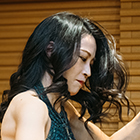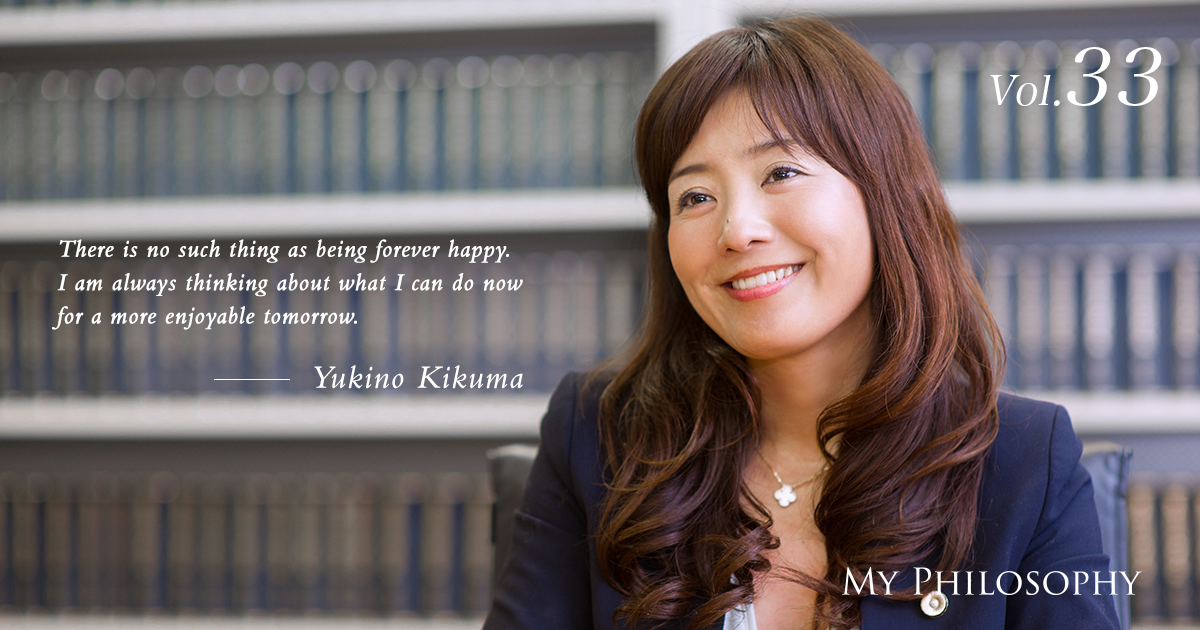
Yukino Kikuma, who transitioned from a successful career in broadcasting to the legal profession, constantly embraces new challenges. Where does this driving power come from? We spoke with her about her philosophy of life.
Profile
Vol.33 Yukino Kikuma
Lawyer
Born in Tokyo in 1972, Yukino Kikuma graduated from Waseda University with a degree in law. In 1995, after graduating from university, she joined Fuji Television as an announcer. She played a versatile role in various programs, including variety shows, information programs, and sports shows. In 2005, she enrolled in Omiya Law School. In December 2007, she left Fuji Television to focus on studying for the bar exam. She graduated from Omiya Law School in 2009 and passed the bar exam in September 2010. After completing the 64th term of legal training, she became a lawyer. She is affiliated with Matsuo & Kosugi and handles a wide range of cases, including labor disputes, real estate-related cases, and criminal cases.
She is the author of "I Am an Announcer (Watashi ga Announcer)" and "Until I Become a Lawyer (Watashi ga Bengoshi ni Narumade)" (both published by Bungeishunju Ltd.), and "Kikuma's Energy: Recipes for a Happy Life (Kikuma no Genki Shiawase no Ikikata Recipe)" (published by Kodansha Ltd.).
*Titles and affiliations are as of the interview conducted in January 2015.
Opening Up and Drawing Out Conversations
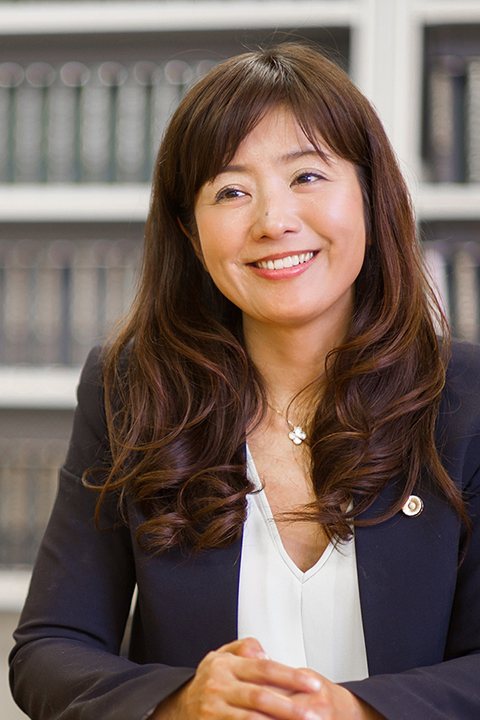
As a lawyer, I deal with various industries, making every day feel like a social studies field trip. To defend a client effectively, I need to understand their industry, and to do that, I must accumulate a wealth of knowledge. Without this foundation, I wouldn’t be able to draw out the necessary information from my clients. Since my days as an announcer, I have met countless individuals over the past 20 years, which has honed my ability to draw out conversations.
When I first became an announcer, I had no idea what to do. I started by mimicking the methods of a senior colleague I admired. I watched all the programs, studying the speaking styles and the timing of their responses. While I couldn’t replicate them exactly, through imitation, I naturally developed my own style. I believe that most jobs begin with mimicking.
My experience as an announcer has been beneficial in my work as a lawyer. When someone hires a lawyer, they entrust a significant part of their life to them. Since we work together as a team over several years, if the client cannot trust their lawyer, they won’t be able to see the fight through to the end. In my case, though it’s through television, people have a sense of who I am. Those who have read my books understand my values, which means clients come to me with less apprehension about what kind of lawyer I might be. This allows me to build rapport with clients more quickly than other lawyers might. Effective defense begins with knowing everything. To get clients to open up completely, I must first open up myself. When speaking with clients, I always approach with a mindset of “ask me anything,” keeping my heart wide open. Both announcers and lawyers engage in work that involves direct human interaction.
Not Being Swayed by Others’ Words or Numbers
Since publishing my book, I’ve received requests to speak at career change seminars. However, I don’t actively encourage people to change jobs. I believe it’s better to first consider working hard at your current company. Those who are truly determined will take action on their own without needing a push from me. Such people act on their own will and don’t make excuses if they fail. Conversely, those who don’t take action often criticize those who do.
When I left Fuji Television, many people supported me, but I also heard that some said I would definitely fail. However, since it was my decision to take control of my own life and leave, the opinions of others didn’t particularly matter to me.
I also don’t pay attention to statistics like the pass rate of a particular law school or the odds of passing the bar exam after turning 30. Percentages are just past statistics. I always think that even if only 2% pass, I can be in that 2%. It’s more important to trust your values and feelings. Even if you fail, you learn a lot from the experience. It’s better not to adopt a defeatist attitude and give up on taking action just because of the numbers. If you do, you might end up regretting why you didn’t take action or wishing you could go back in time. If you feel like moving, then move. If you decide not to move, then don’t. Have confidence in your choices and follow through with them. That’s all there is to it.
Let Go of Pride
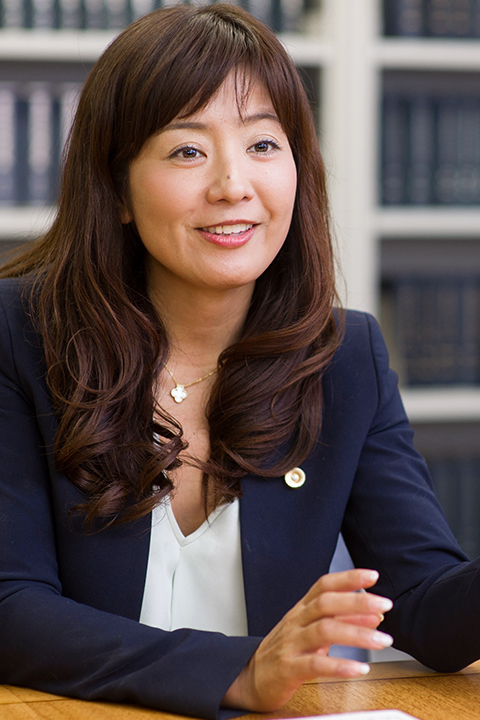
I enrolled in law school at the age of 33, and I believe that age is irrelevant when it comes to taking on new challenges. By letting go of pride, you can start anything at any age and absorb various things. Those who can honestly say, “I don’t understand,” have a high capacity for learning. People are less likely to teach someone who claims they already know everything, but they are willing to teach those who admit they don’t know and ask for help. Those who can say they don’t know have a different level of receptiveness and a better ability to capture information. It’s important to act and ask questions instead of thinking, “It’s too late to ask now.”
Everyone has an ideal self they aspire to be, and the strain comes from trying to bridge the gap between that ideal and their true self. Accepting your current level makes things easier and helps you let go of pride. It’s not about belittling yourself but having confidence that you’ve reached at least this point. Confidence isn’t about thinking, “I’m amazing,” but rather accepting your current self as you are. Perhaps the reason we overreach is that we’re afraid to accept ourselves as we are.
My Principles as a Lawyer
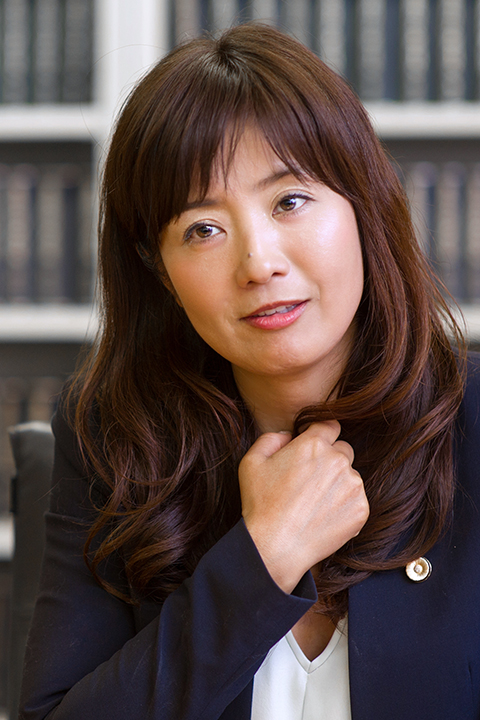
The most important thing I value as a lawyer is listening carefully to my clients and not making judgments myself. Making judgments is the job of the judge; a lawyer is the client’s representative. I struggled with this concept when I was a newcomer. The first criminal case I handled was a fraud case involving a seasoned suspect with over ten prior convictions. He knew more about criminal procedures and investigation strategies than I did. Proving the intent to deceive in fraud cases is challenging. Although he was released without charges pending further investigation, I told him, “If you truly didn’t deceive anyone, please return the money.” Given that he was homeless and unemployed, I thought that would be the last I’d hear from him.
Surprisingly, about once a month, he started calling my office with updates, saying things like, “I couldn’t return the money this month because I was ill and couldn’t work,” or “I found a job, but I had trouble with another lender, so I can’t return it.” About six months later, he unexpectedly showed up at my office with the money. Since the prosecution decided not to charge him due to insufficient evidence, he could have easily vanished without returning the money, which genuinely surprised me.
Perhaps he really didn’t intend to deceive, and maybe his reasons for not having the money were genuine. This experience taught me not to judge someone’s words based on their criminal record or preconceptions. It’s essential to first believe in your client’s words. If inconsistencies arise during discussions, it’s important to have multiple conversations and keep an open heart.
There is no definitive answer to defense activities. Each case is unique. Even similar cases are not the same. Each client has a different background and emotions. If the circumstances leading to the same result differ, then the defense strategy must also differ accordingly. It’s truly a custom-made defense. It’s something built by the team of you (the client) and me (the lawyer). This is a job that robots cannot replace, because human emotions are complex and not everything can be resolved through rational judgment alone.
Prepare for What’s Next Even When Times Are Good
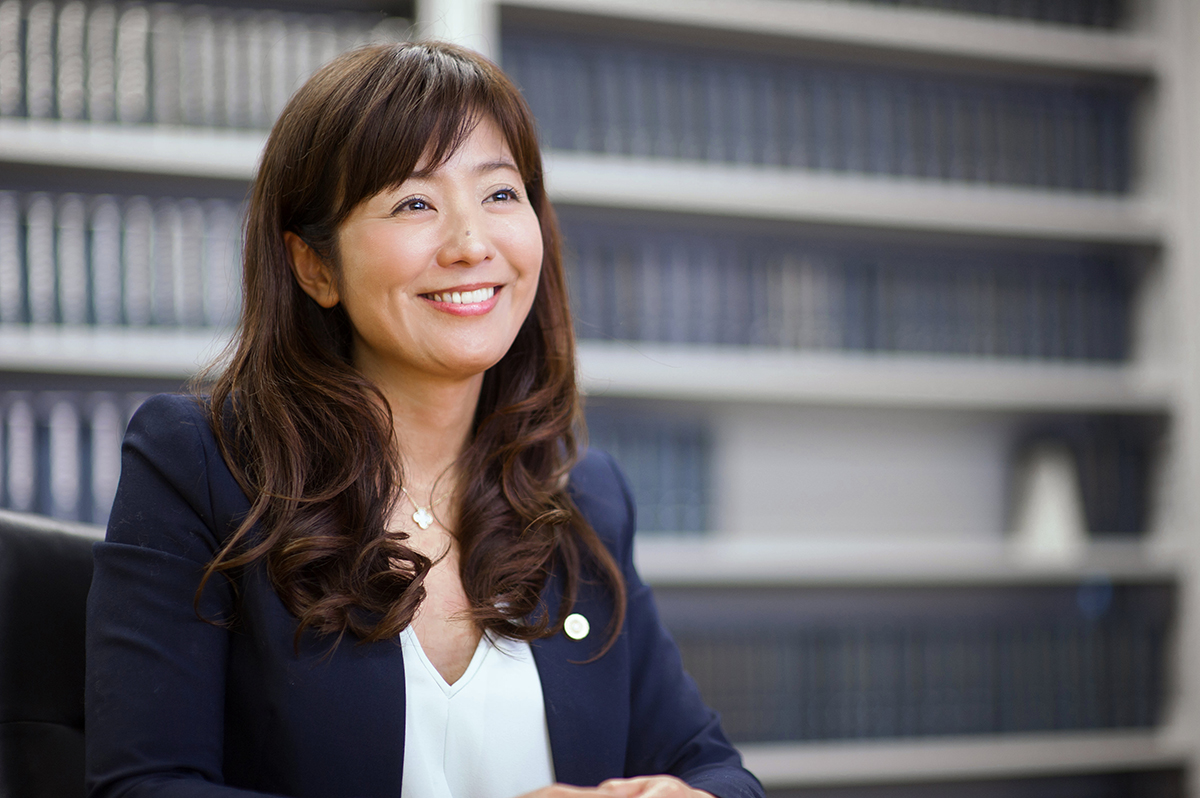
Aesop’s fable “The Ant and the Grasshopper,” which I read as a child, still leaves an impression on me. The lesson that good times don’t last forever is important. If you don’t prepare to sustain the good times while you are enjoying them, they will eventually come to an end.If you compare life to a rocket, you can’t go beyond it unless you are ready for the next launch while it is still in orbit. Those who continue to launch new rockets and step up in life are making efforts behind the scenes while they are flying high. I am currently enjoying my life every day, which is why I feel a sense of urgency. I’m always thinking about what I can do to further improve my current good situation. It’s a given to work hard during tough times, but working hard while things are good can propel you two or three steps ahead.
It’s not about achieving success or gaining recognition from others; it’s about making efforts to make your own life enjoyable. Thinking about what you can do now for a better tomorrow might stem from a sense of caution. Because of this caution, I prepare thoroughly, allowing me to take bold actions. It’s through careful preparation and contemplation in the “soil” that when the moment to sprout comes, you can burst forth with vigor.
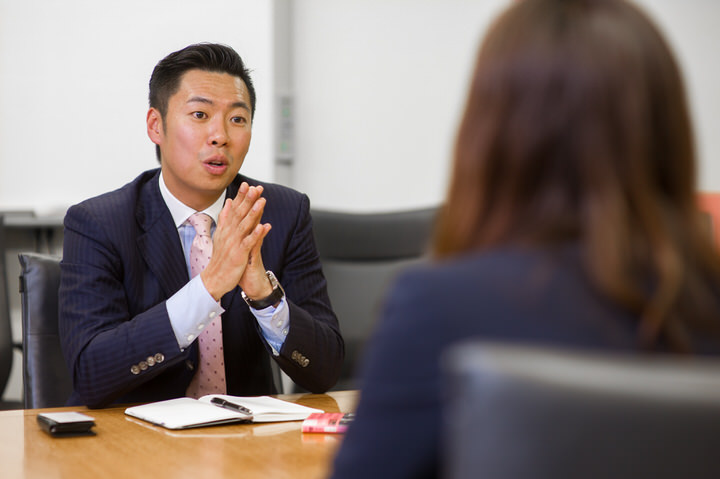
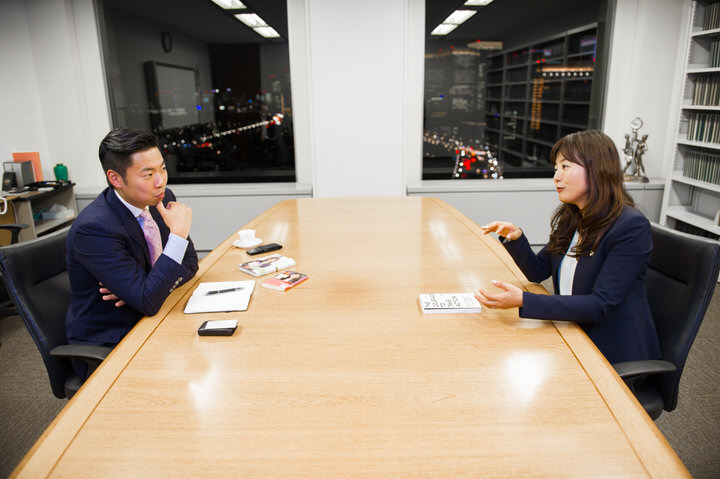
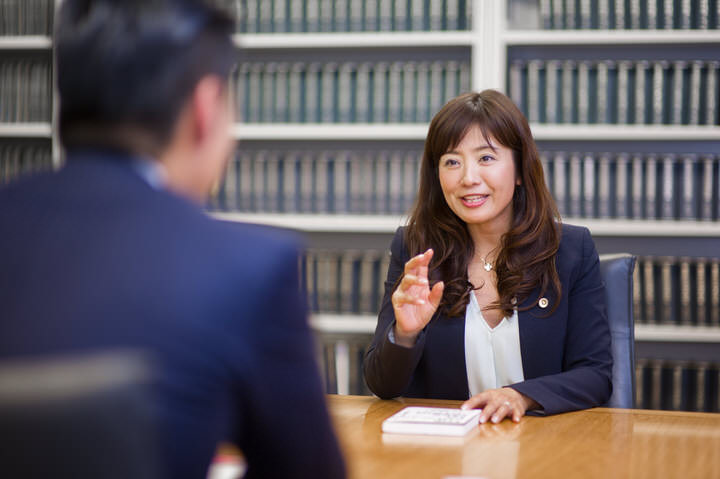
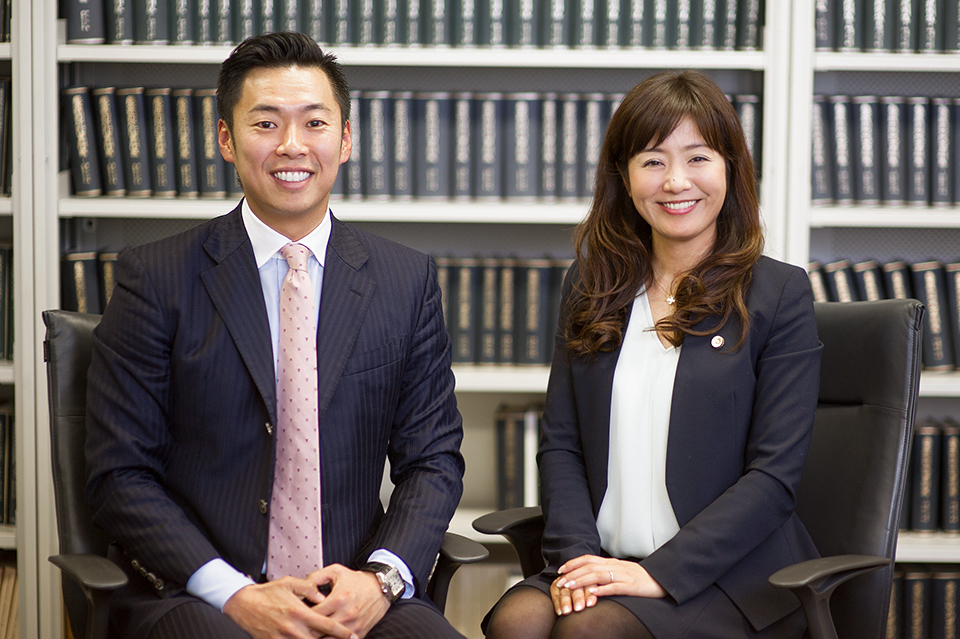

I first met Mr. Sugiyama at a golf competition late last year. About a week later, I received a request for this interview. My first impression was that he is truly a “man of action,” someone who doesn’t waste any encounter. Reading his books and talking to him, I found so many similarities and points of agreement that it felt like we didn’t even need to speak. Even though our approaches to the world may differ, we fundamentally share the same essence. There was a sense of comradeship(laughs).
Lawyer Yukino Kikuma
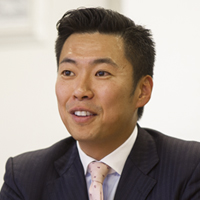
I admire people like Ms. Kikuma who are always challenging themselves. It was clear from both her books and our conversation that she is constantly thinking about and preparing for her next move and taking action. Trying new things requires courage, but if you don’t challenge yourself, you won’t even have the chance to regret it. This interview came about thanks to a senior colleague who has always supported me, and through him, I had the opportunity to meet Ms. Kikuma. Various chemical reactions occur through human encounters, and it all starts with taking action. It was a delightful interview that flew by.
January 2015,at Matsuo & Kosugi.Translated by ILI Inc.





